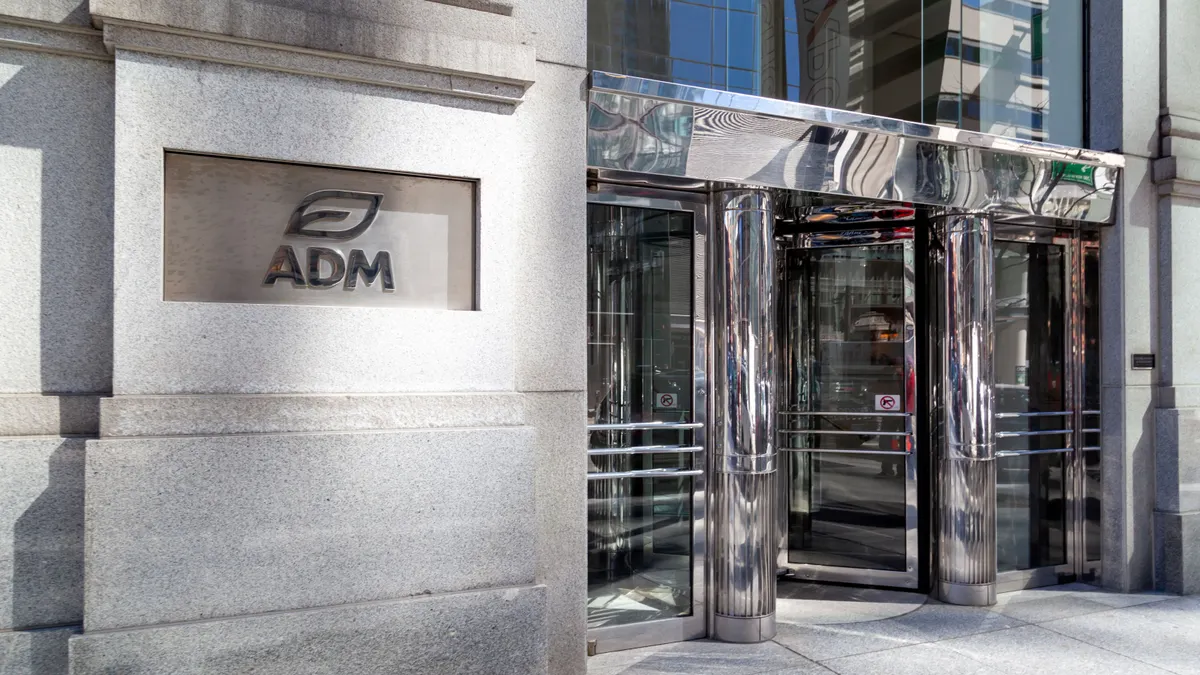Activist investors are not new to large company CFOs. Even those executives whose organizations have never been the target of an activist campaign are familiar with the stories of the clash of wills that can occur.
While activist investors traditionally have been viewed as destructive to an organization, their presence can be instructive to boards of directors and company leadership. From serving as a barometer of public opinion to being a catalyst for needed change, the activist investor, in certain situations, may be just what an organization needs to move forward.
Additionally, from the standpoint of shareholder value, the skepticism an activist brings can be a long-term positive, especially at a time of disruption when many companies need to seek new ways to innovate and compete.
Understanding Vulnerabilities
To help shift the negative view of investor activism, consider learning to view your company through the eyes of an activist investor. Ask, for example, what could make your company of interest to an activist. Poor performance, balance sheet issues, lack of confidence in management to meet targets, too many earnings surprises, inordinately large cash holdings — there are many possible attractions. Perhaps the company is not moving fast enough to adopt new technology or a new business model and risks being disrupted.

Chris Ruggeri
Can the answers be taken into consideration to reset strategy and performance targets, improve the messaging to the investor community, or strengthen relations with key investors? Does the company need to be reorganized to be more nimble? The point is to identify potential weaknesses that could leave the company vulnerable — not just to investor activism but to competitors — and address them head-on while there is time.
Some companies also periodically commission an activist vulnerability assessment. These assessments take an objective, outside-in look at the company, including factors such as market perceptions (of the organization), market capitalization relative to the sum of the company’s parts, financial performance versus that of peers, and the trading range of the company’s shares relative to that of similar companies.
The assessment also can identify changes in underperforming lines of business and nonoperating assets that could be monetized. The composition, skills, tenure, and performance of the board of directors should also be examined. This kind of assessment not only can help the company prepare for an activist event, but also identify opportunities to lower the organization’s vulnerability to one.
Learn From Investors
Another course of action is for a CFO to review the organization’s ties to the investor community and how the organization communicates to it. CFOs must build and maintain a strong dialogue with investors, particularly large ones, to understand their points of view, expectations, and concerns. Equally important is channeling that information back to management and the board for possible action.
Strong investor engagement enables management to understand the company’s shareholder constituencies, monitor changes in the makeup of the shareholder base, communicate short- and long-term strategies more effectively, and cultivate both supporters and trusted critics in that base — which could be highly valuable in the event of an activist’s pursuit.
Regular, two-way communication with shareholders can also help CFOs see early signs of a potential activist move, again providing time to develop a strategy to address the issue that is attracting the activist’s interest in the first place. Bear in mind: Activists are highly effective at channeling the market’s concerns for issues that companies have left unaddressed.
Investors today also have access to increasingly sophisticated data-mining tools, along with artificial intelligence, risk-sensing, and other digital technologies, to gather performance and competitive information to build their case. These tools have become especially useful for those activists that establish alliances with other large shareholders (a growing trend) prior to confronting their target.
These same technologies, however, are available to CFOs and their investor relations teams. Consider incorporating them into the investor relations processes and programs and use the findings to spot vulnerabilities to investor activism.
Set Strategy
Investor activism underscores the need for CFOs to be integral to short- and long-term strategic planning. CFOs, other members of the C-suite, and the board should have a firm understanding of the value drivers of the business and how they can be improved in order to be as prepared as possible for an activist’s inquiry. Close involvement in setting strategy can also position the CFO to be a stronger adviser to the CEO and board in managing an activist situation and in responding swiftly and decisively if an inquiry surfaces. Without direct involvement in strategic planning, a CFO is at a significant disadvantage and will be taken by surprise when an activist letter shows up.
Anticipating the thinking of activist investors can have multiple benefits beyond simply the advantage of preparation. Understanding the point of view of activist investors can help CFOs put their organizations on firmer ground with the broader investment community and other stakeholders and gain other insights into what might contribute to future performance and long-term success.
Chris Ruggeri is a national managing principal of Deloitte Risk and Financial Advisory’s Risk Intelligence market in Deloitte Transactions and Business Analytics LLP.
This publication contains general information only and Deloitte is not, by means of this publication, rendering accounting, business, financial, investment, legal, tax, or other professional advice or services. This publication is not a substitute for such professional advice or services, nor should it be used as a basis for any decision or action that may affect your business. Before making any decision or taking any action that may affect your business, you should consult a qualified professional advisor. Deloitte shall not be responsible for any loss sustained by any person who relies on this publication. As used in this document, “Deloitte” and “Deloitte Risk and Financial Advisory” mean Deloitte & Touche LLP, which provides audit and risk advisory services; Deloitte Financial Advisory Services LLP, which provides forensic, dispute, and other consulting services; and its affiliate, Deloitte Transactions and Business Analytics LLP, which provides a wide range of advisory and analytics services. These entities are separate subsidiaries of Deloitte LLP. Please see www.deloitte.com/us/about for a detailed description of our legal structure. Certain services may not be available to attest clients under the rules and regulations of public accounting. Deloitte Risk and Financial Advisory helps organizations effectively navigate business risks and opportunities—from strategic, reputation, and financial risks to operational, cyber, and regulatory risks—to gain competitive advantage. We apply our experience in ongoing business operations and corporate lifecycle events to help clients become stronger and more resilient. Our market-leading teams help clients embrace complexity to accelerate performance, disrupt through innovation, and lead in their industries.
Copyright © 2019 Deloitte Development LLC. All rights reserved.



















